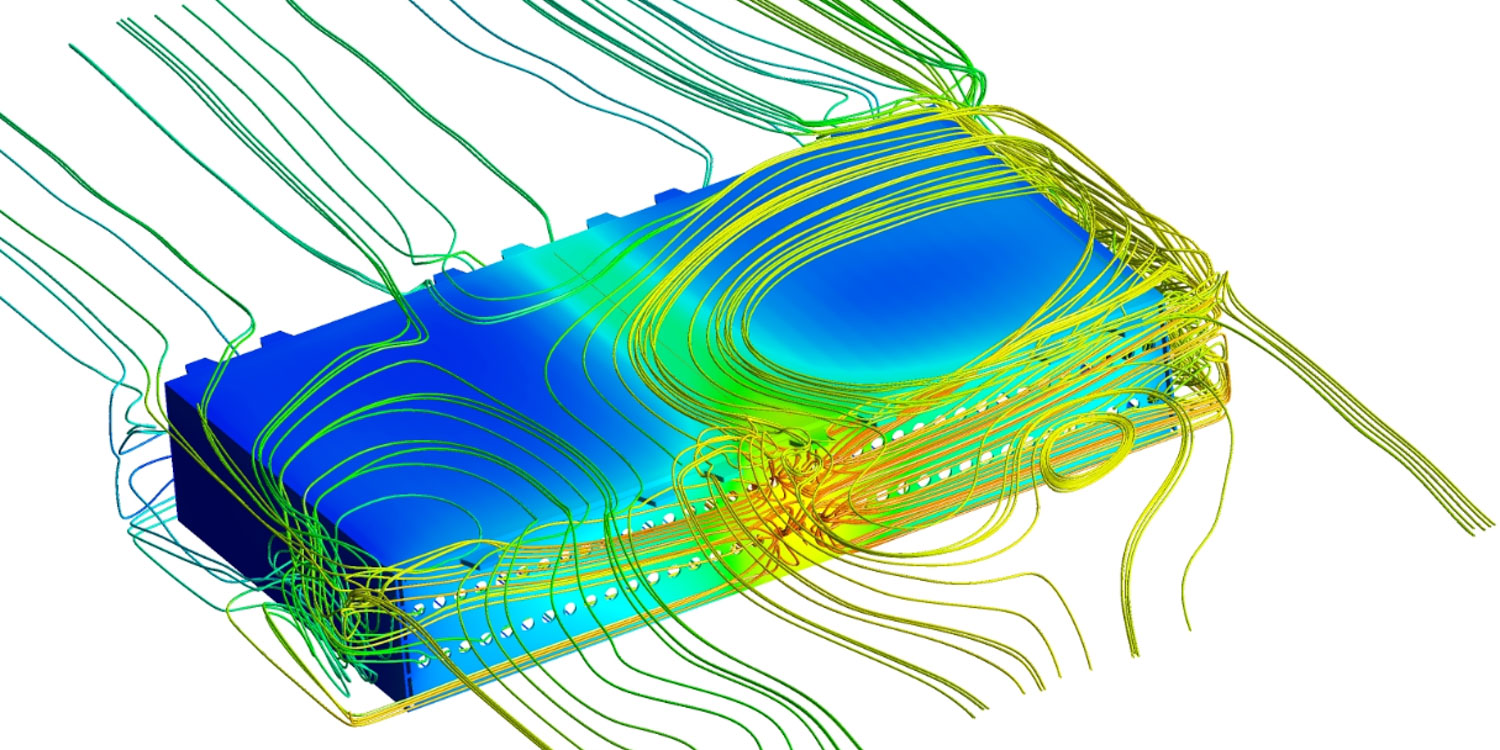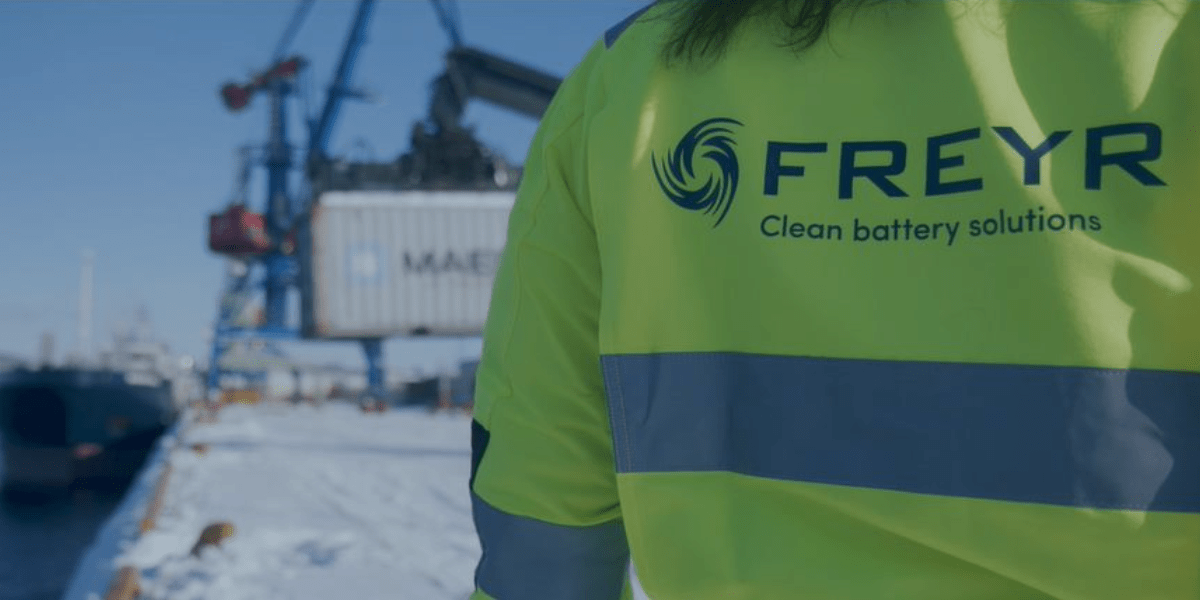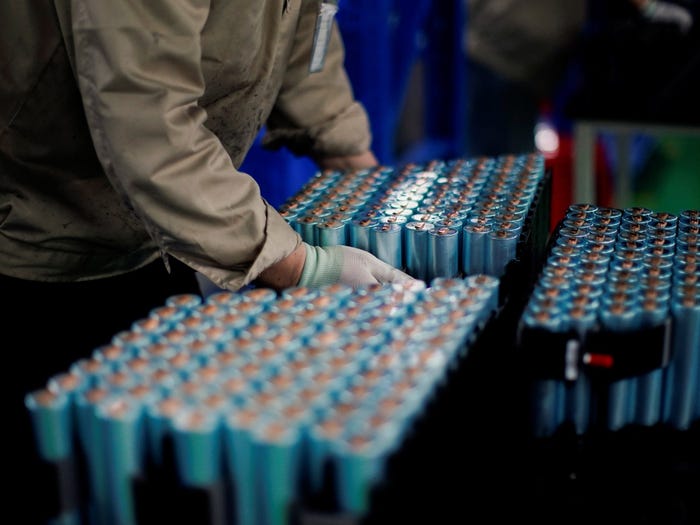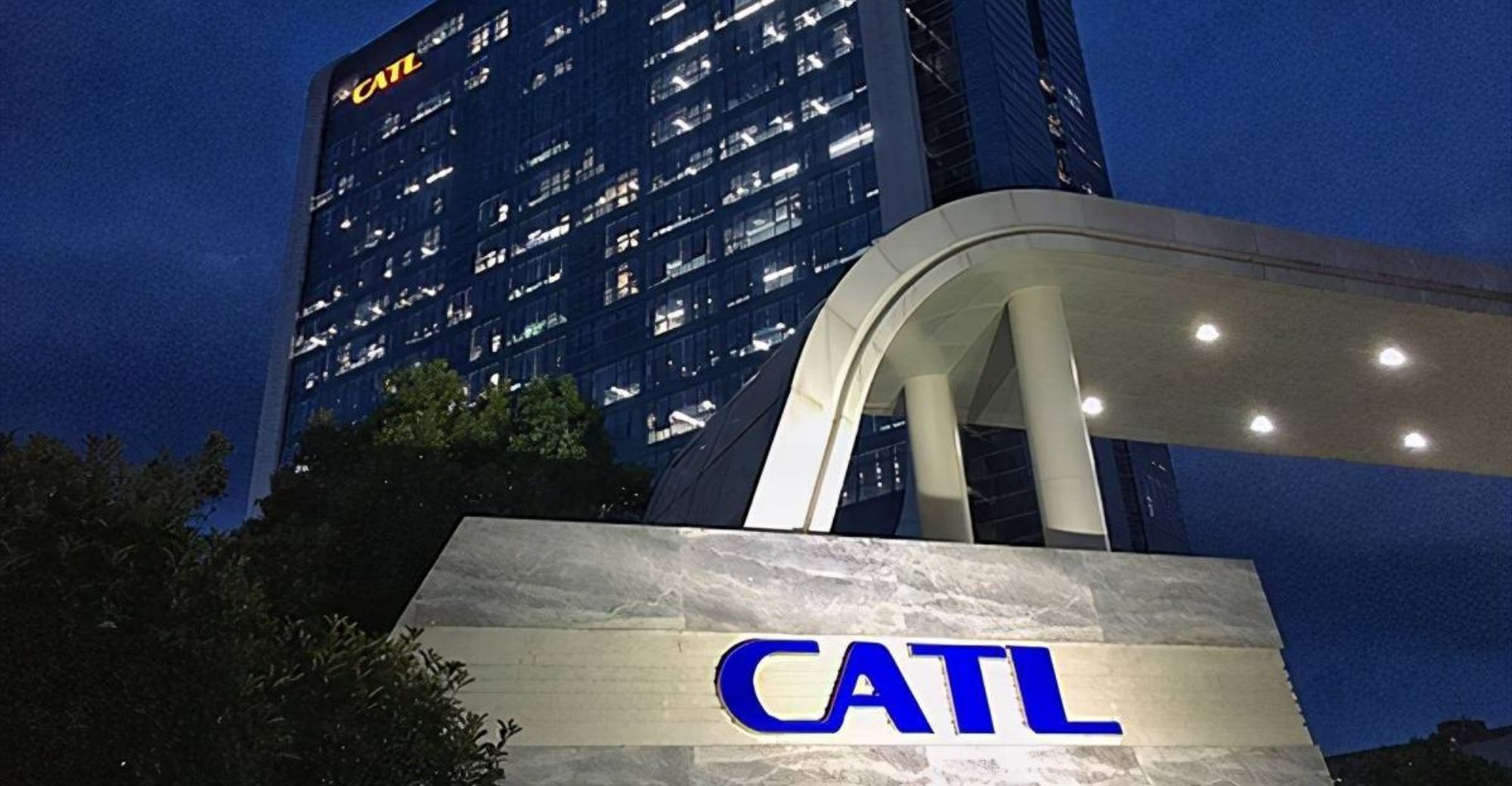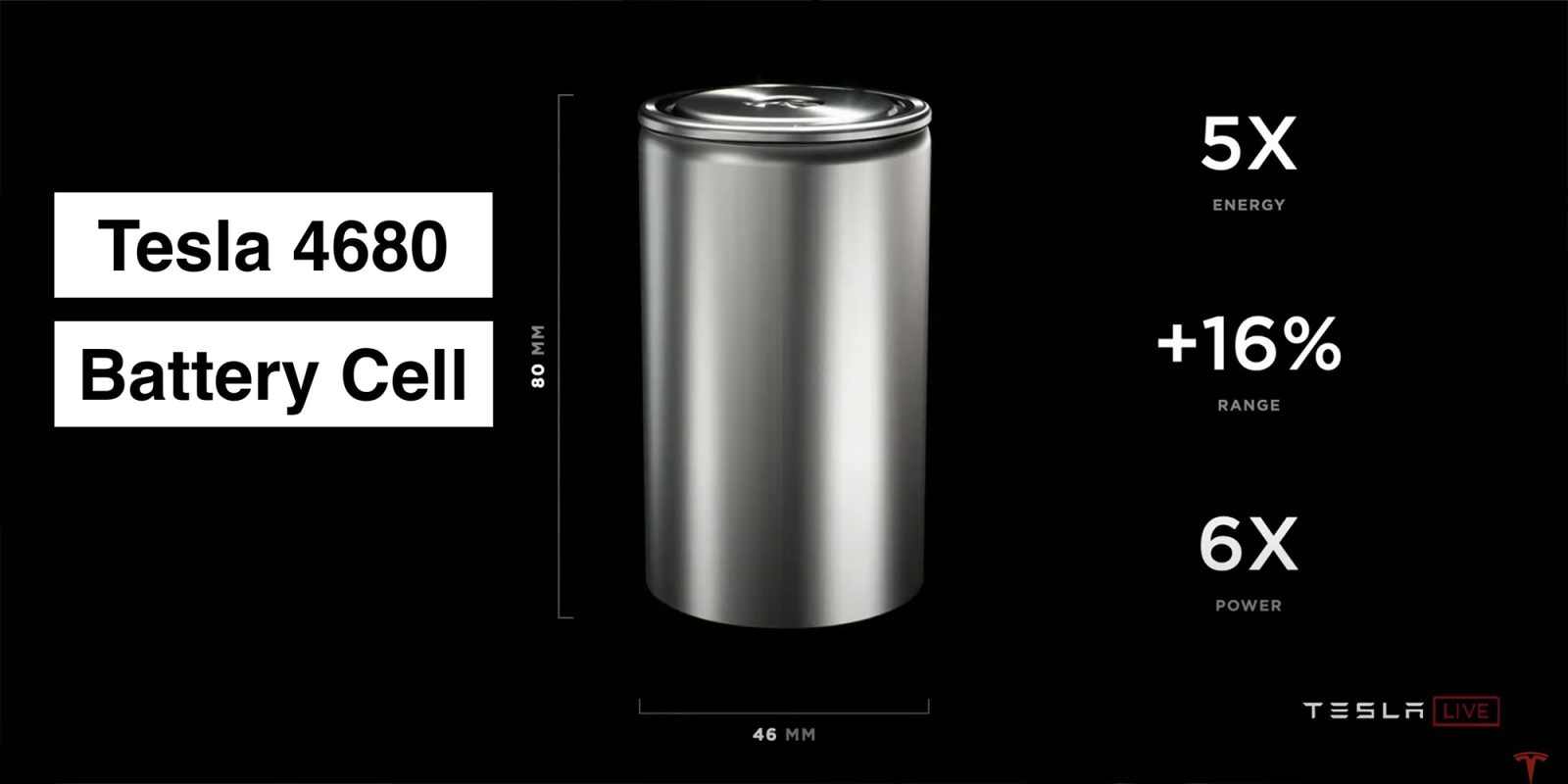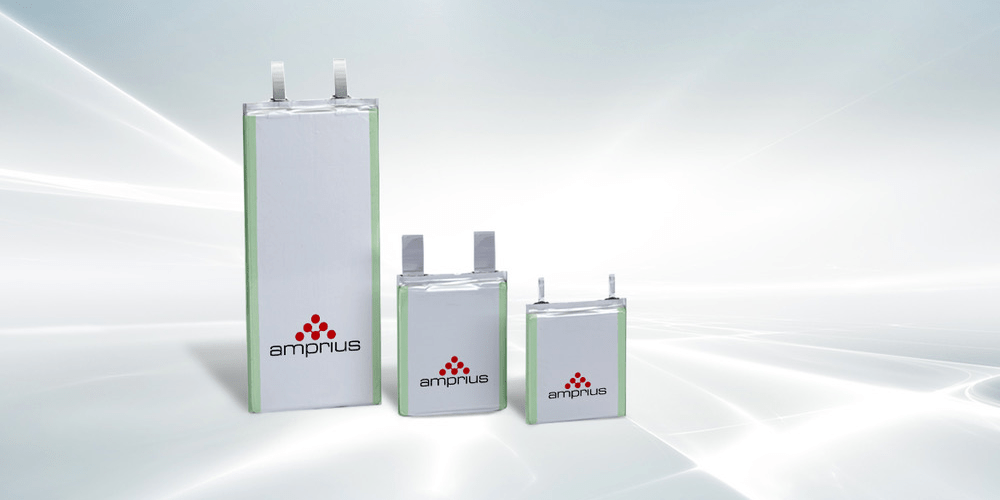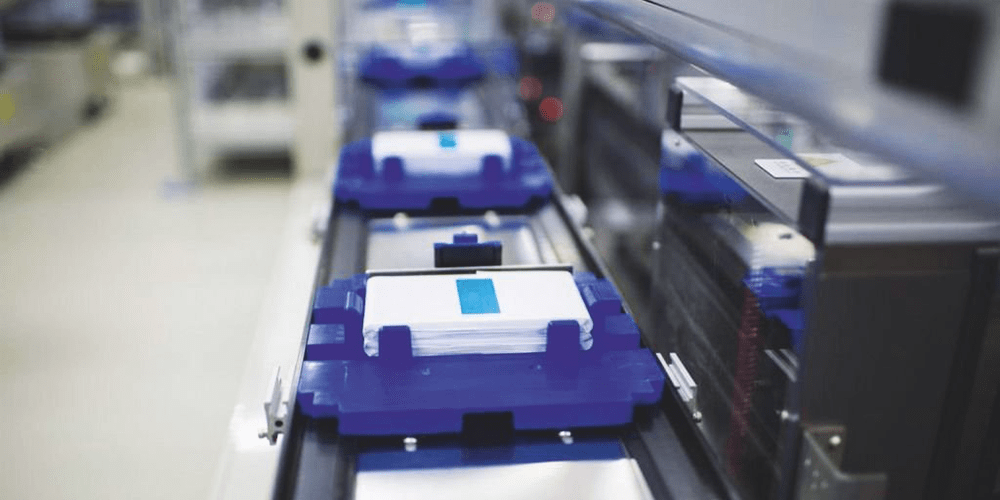Farasis Energy, a Chinese battery manufacturer, has developed a breakthrough solution for preventing thermal runaway in its latest battery cells. The company has optimized the design of its battery modules to contain thermal runaway to a single cell and prevent it from spreading to neighboring cells, and subsequently to the entire battery pack. The new design has been tested and confirmed by independent laboratories at the module and pack level.
Farasis General Manager Europe, Stefan Bergold, had earlier confirmed the development of this solution that limits thermal runaway. He said, “this had been proven by Farasis – in simulations, demonstrations, real battery modules, real battery packs, and also in real electric vehicles”. The latest announcement confirms that the technology has now been independently verified.
See also: Geely and Farasis starts construction of second battery plant in China
Pouch cells, which have an outer layer consisting of foil pouches, have been traditionally considered inferior to other battery formats with hard casings. However, Farasis has succeeded in stopping the reaction in pouch cells, even with a small number of cells and using nickel-containing cell chemistries. Bergold called this achievement “a real novelty and a breakthrough in battery safety”.
Thermal runaway occurs when lithium-ion cells exceed a certain temperature or are damaged. It leads to the formation of gas with hot particles as well as heat development with temperatures of up to 1000°C and more. This usually results in a cascade reaction at the module and pack level, known as thermal propagation.
Farasis plans to start industrial production of these modules in 2025, and the first customer enquiries are already being processed. However, the company is also aware of the increasingly stringent global legislation concerning battery safety. For instance, manufacturers of electric vehicles in China will have to build their vehicles to withstand at least five minutes in the event of thermal runaway from 1 January 2021. This will also apply in Europe from 1 September 2023.
See also: Farasis Energy to Supply Sodium-Ion Batteries for Renault-Owned JMEV’s EV3
“Using modern development methods like virtual prototyping and quick testing methods, Farasis has now developed a design that’s able to stop this reaction at a defined number of cells for its most advanced cell chemistry – Generation 4 – with nickel-rich high-energy cells,” said Keith Kepler, CTO and co-founder of Farasis. “This was achieved with pouch cells and has been proven by tests on independent institutes and has been confirmed on module and pack level.”
Farasis Energy’s innovative solution has the potential to revolutionize the safety standards of lithium-ion batteries in electric vehicles. The company’s achievement is significant and will go a long way in preventing thermal runaway, which is one of the biggest safety concerns in the battery industry.

